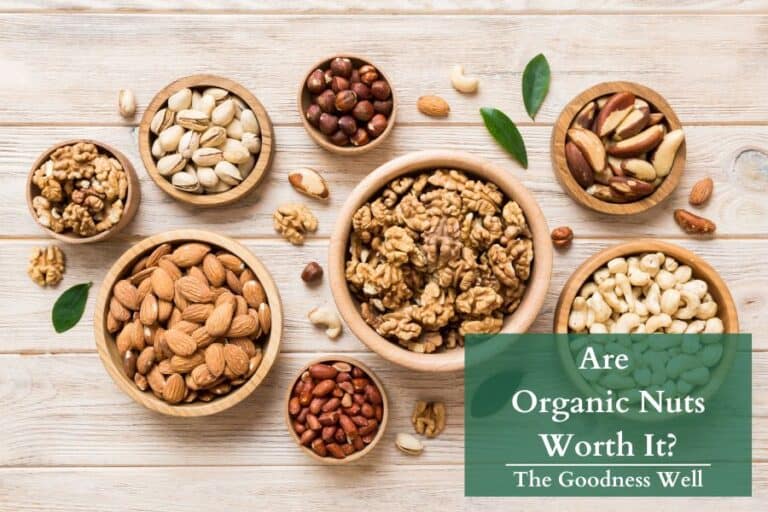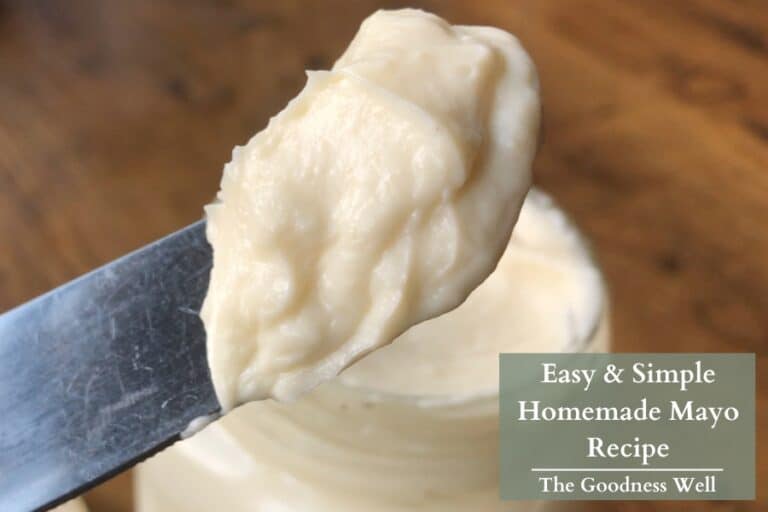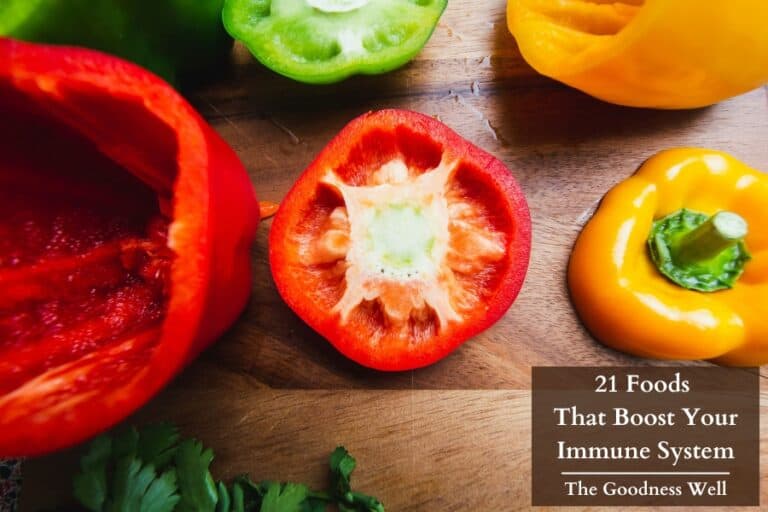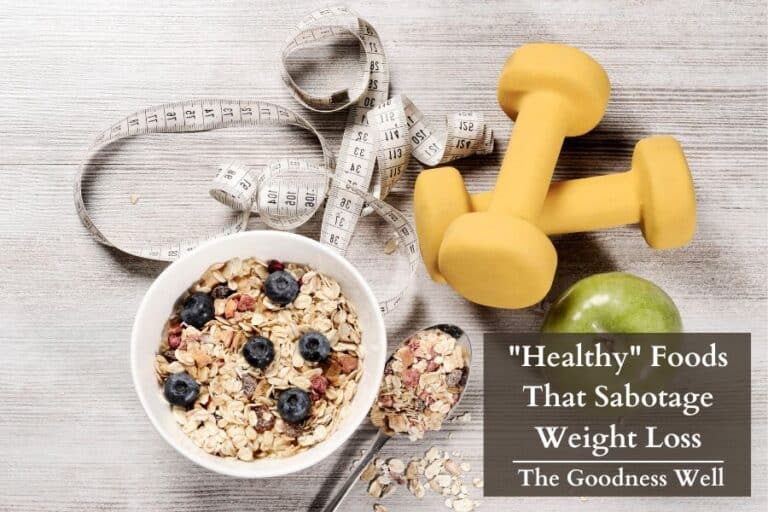11 Powerhouse Plant Proteins You Need in Your Diet
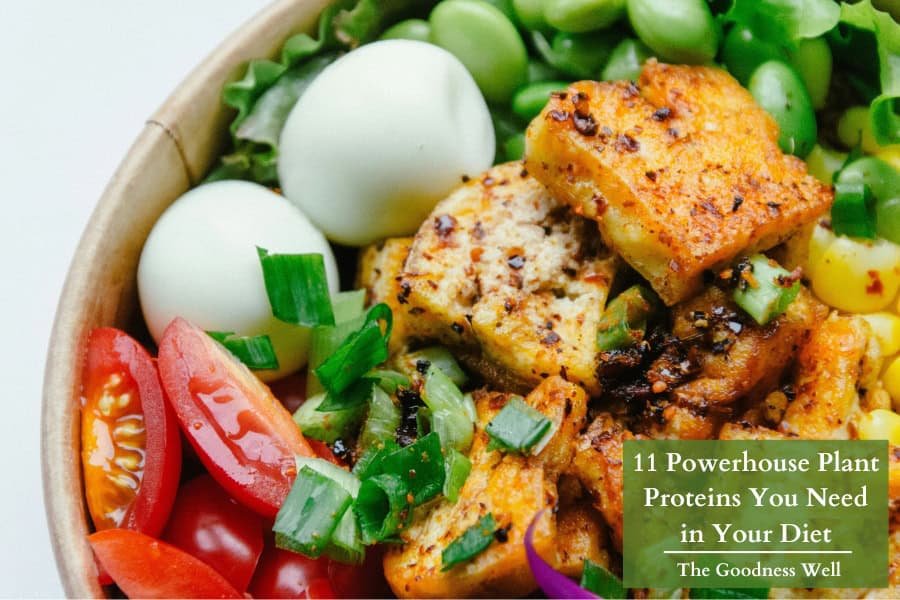
When it comes to plant-based proteins, you might be surprised by just how many options there are.
Whether you’re a full-time vegan or just want to add more plant-based foods to your diet, it’s helpful to know which foods can be a great source of protein.
As a certified wellness and nutrition coach I understand just how important it is to get a good amount of protein in. That’s why I’ve created this list of the top 11 plant-based proteins I recommend adding to your diet.
Let’s get into it!
Top 11 Plant Proteins
1. Chia Seeds
Protein: 5g per 2 tablespoons
Small but mighty, chia seeds are rich in protein, fiber, and omega-3s.
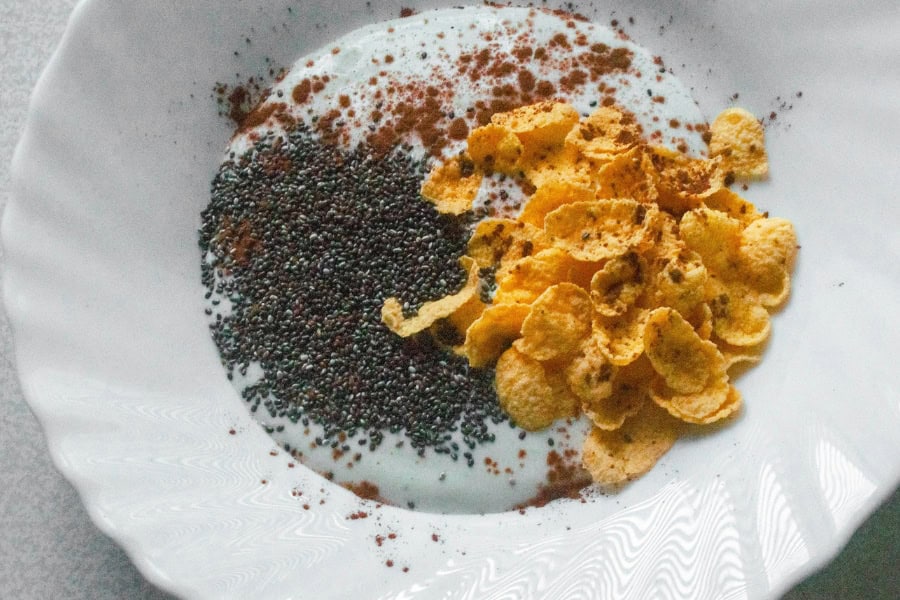
When soaked, they become gel-like, which makes them perfect for chia pudding, smoothies, or even as a topping for yogurt or salads.
A little goes a long way with these nutrient-dense seeds.
2. Green Peas
Protein: 9g per cup (cooked)
Green peas are often overlooked as a protein source, but they’re packed with it!
Beyond their protein, peas are high in fiber and vitamins. They’re great in soups, salads, stir-fries, or blended into a creamy pea pesto.
3. Quinoa
Protein: 8g per cup (cooked)
Quinoa is technically a seed but is often treated like a grain.
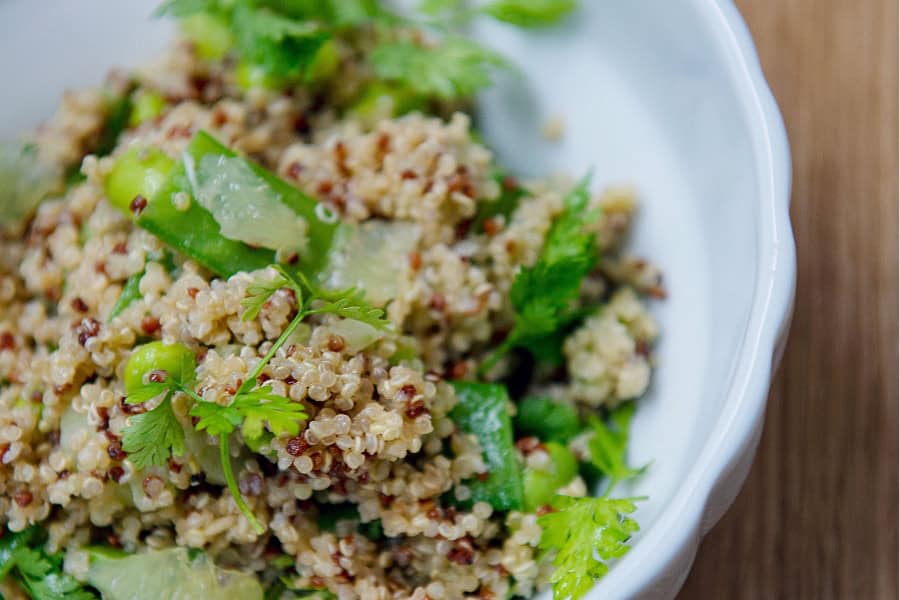
It’s one of the few plant-based sources of complete protein, meaning it contains all nine essential amino acids.
Its nutty flavor makes it a fantastic base for salads, bowls, or as a replacement for rice in most dishes.
4. Hemp Seeds
Protein: 10g per 3 tablespoons
Hemp seeds are another excellent source of plant-based protein.
With their slightly nutty flavor, they’re perfect for sprinkling on top of salads, added to smoothies, and mixing into your morning oatmeal.
5. Tofu
Protein: 10-15g per 3 ounces (depending on firmness)
Tofu is the go-to for many plant-based eaters. Its protein content varies with its firmness—the firmer the tofu, the higher the protein content.
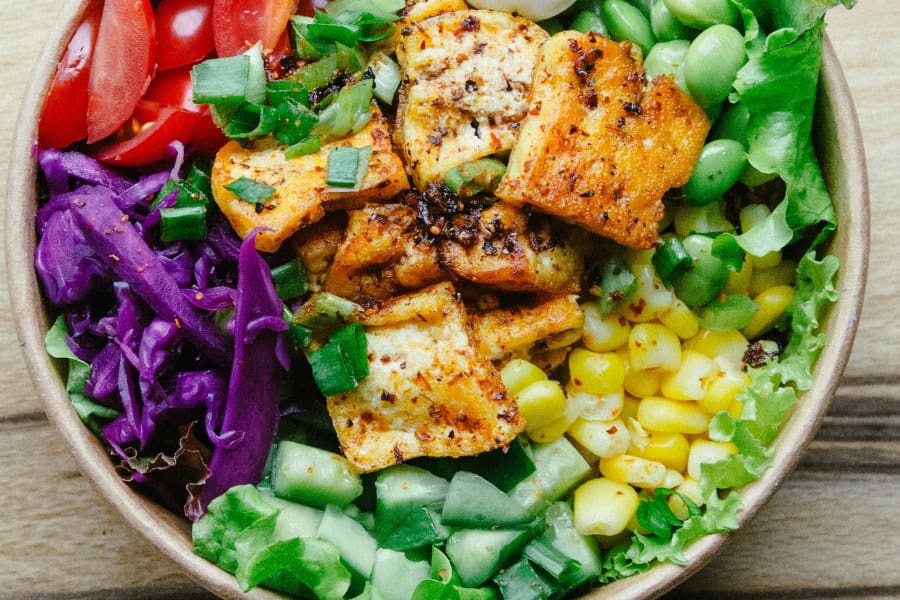
Tofu is extremely versatile; you can bake it, stir-fry it, or blend it into creamy sauces. It absorbs flavors like a sponge, so it pairs well with almost anything.
6. Black Beans
Protein: 15g per cup (cooked)
Black beans are budget-friendly and super nutritious.
They’re high in fiber, protein, and antioxidants. From burritos to black bean burgers, they’re an easy way to boost the protein in your meals.
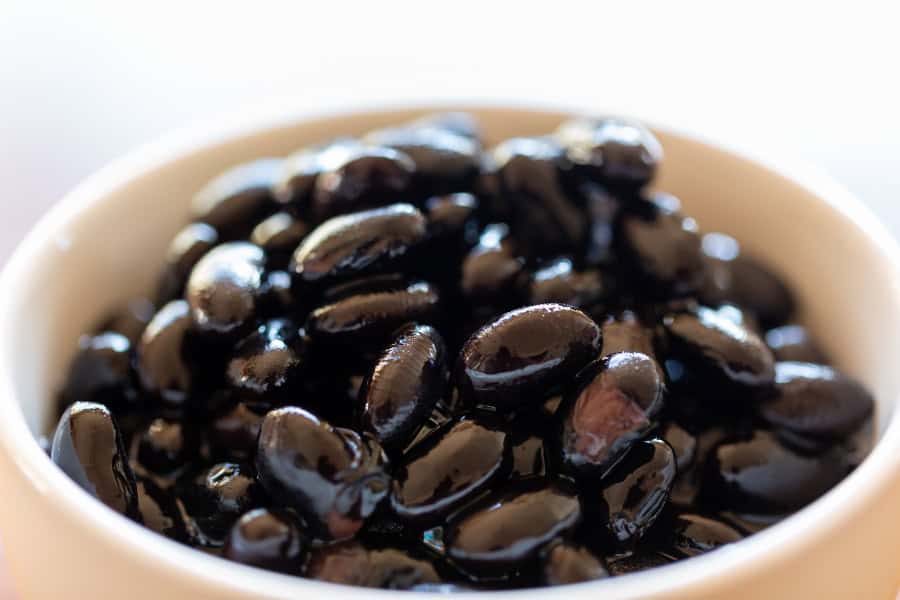
7. Chickpeas
Protein: 15g per cup (cooked)
Chickpeas, also known as garbanzo beans, are the stars of hummus, but they’re also great roasted for a snack or tossed into salads and soups.
They’re loaded with protein, fiber, and a variety of vitamins and minerals, making them a perfect addition to your plant-based diet.
8. Lentils
Protein: 18g per cup (cooked)
Lentils are a plant-based protein staple. They come in a variety of colors (red, green, brown) and cook relatively quickly compared to other legumes.
Whether you add them to soups, stews, or salads, or make a hearty lentil loaf, they’re a fantastic way to pack in protein.
9. Edamame
Protein: 17g per cup (cooked)
Edamame, or young soybeans, are a fun and tasty way to get your protein.
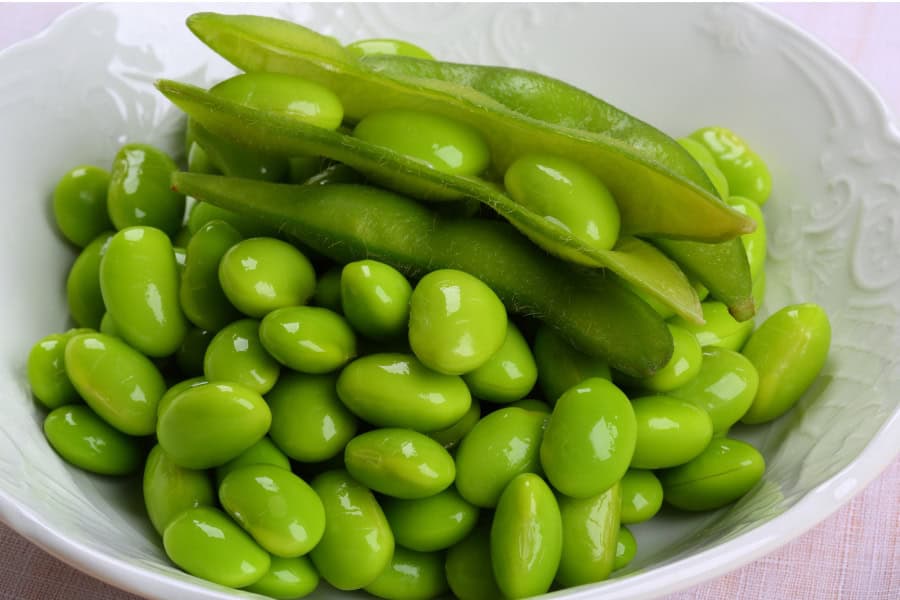
Whether you steam them in the pod with a sprinkle of sea salt or toss them into a stir-fry, they’re a simple way to add 17 grams of protein to your day.
Plus, they’re rich in vitamins like folate and vitamin K.
10. Tempeh
Protein: 18-20g per 3 ounces
Tempeh is made from fermented soybeans and has a firm, nutty texture.
Its fermentation process makes it a bit more digestible and rich in probiotics compared to other soy products.
With a high protein content, tempeh is a great option for stir-fries, sandwiches, or even grilled on its own.
11. Seitan
Protein: 21g per 3 ounces
Seitan, also known as wheat gluten, takes the top spot with a whopping 21 grams of protein per 3-ounce serving.
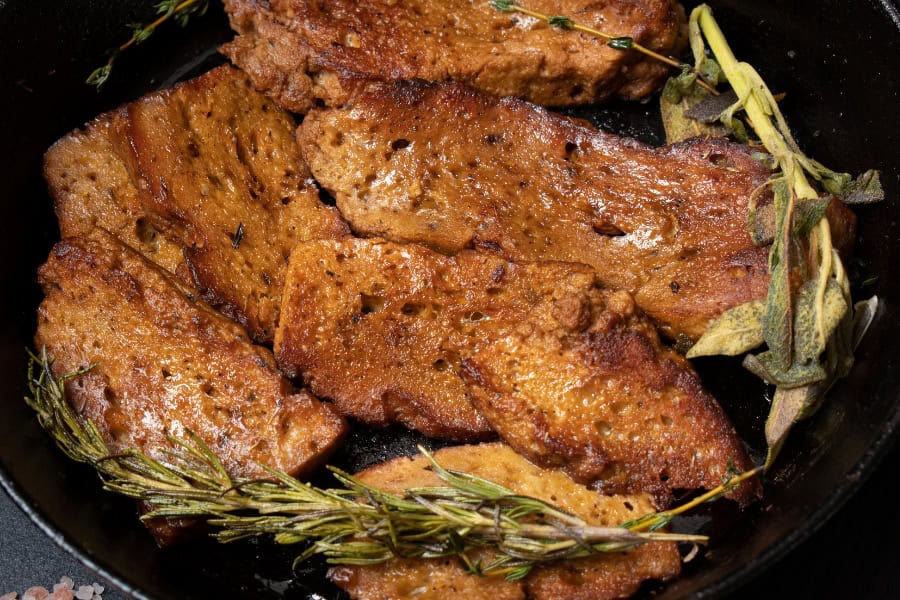
It has a chewy, meat-like texture, making it a favorite among those who miss the texture of meat.
It’s perfect for stir-fries, sandwiches, or adding to pasta dishes. Just note: it’s not gluten-free, so those with gluten sensitivities should avoid it.
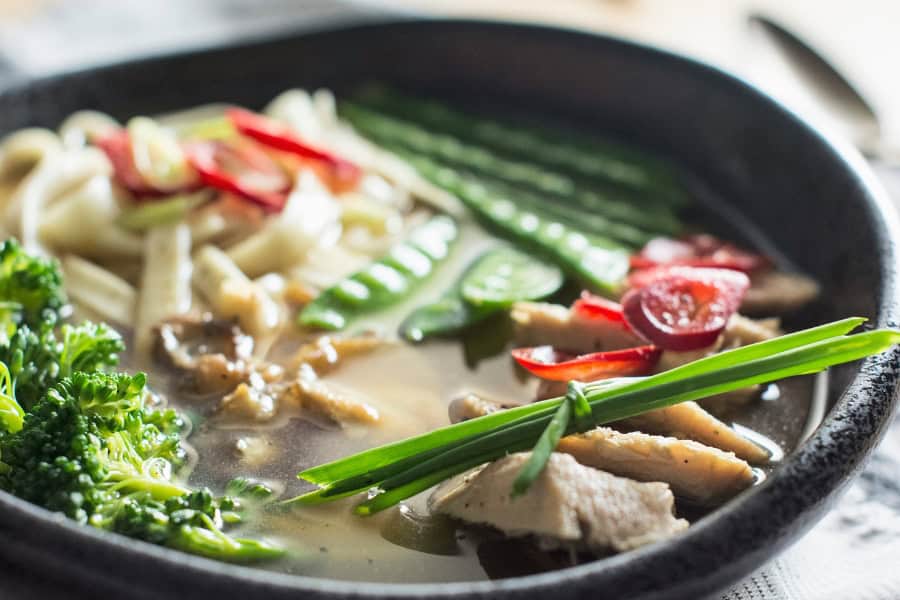
These 11 plant protein options provide a solid foundation for protein without relying solely on animal products.
From tiny seeds like chia and hemp to heartier options like tofu and seitan, plant-based proteins offer variety, flavor, and nutrients.
Thanks for reading!


